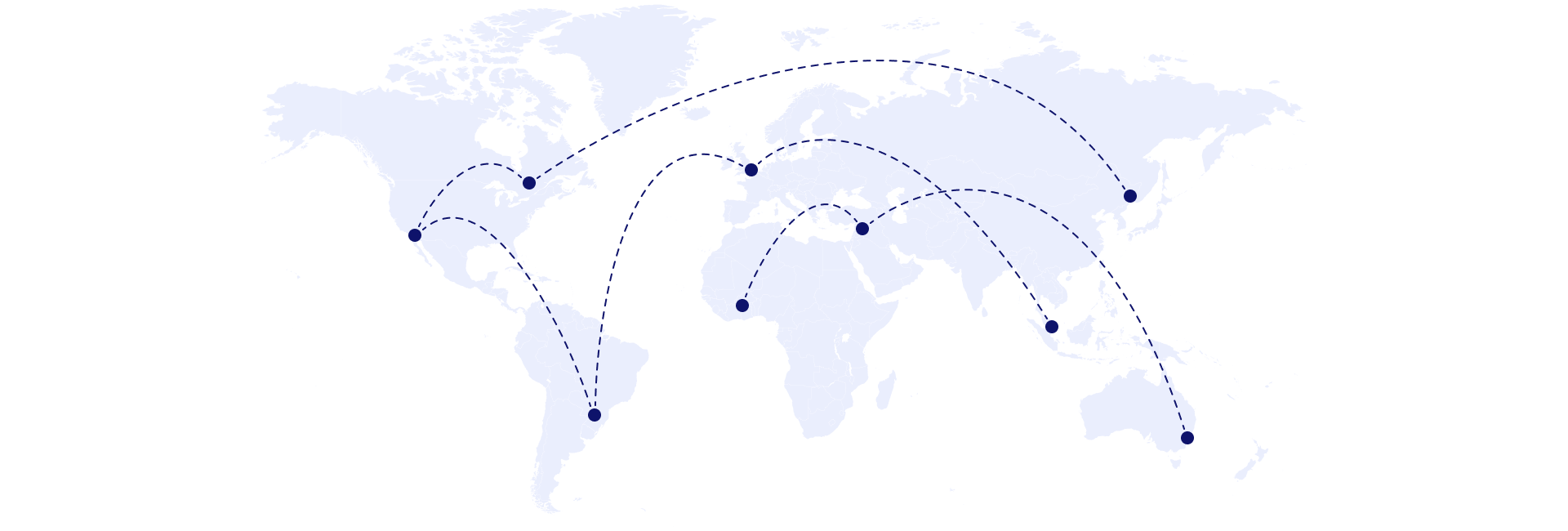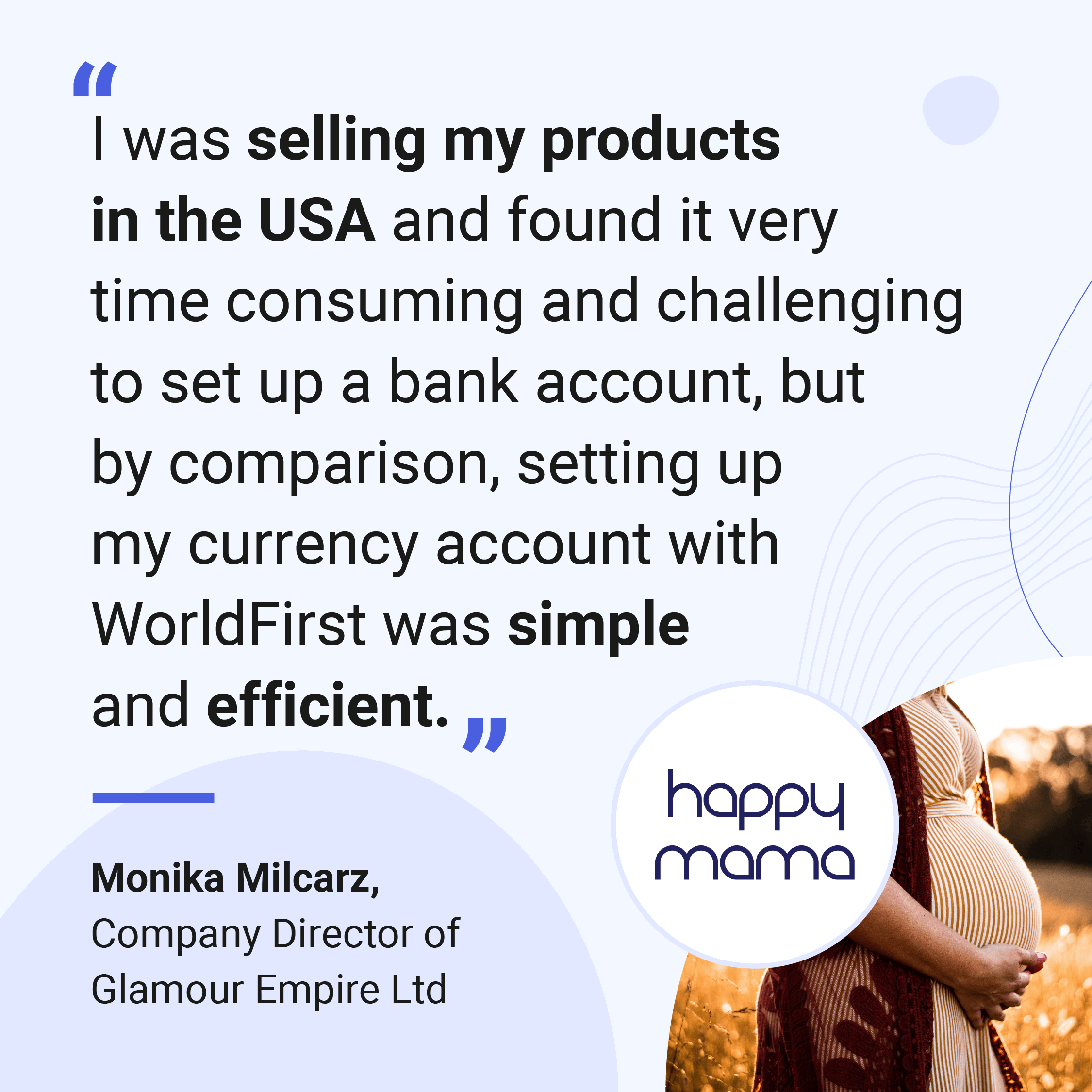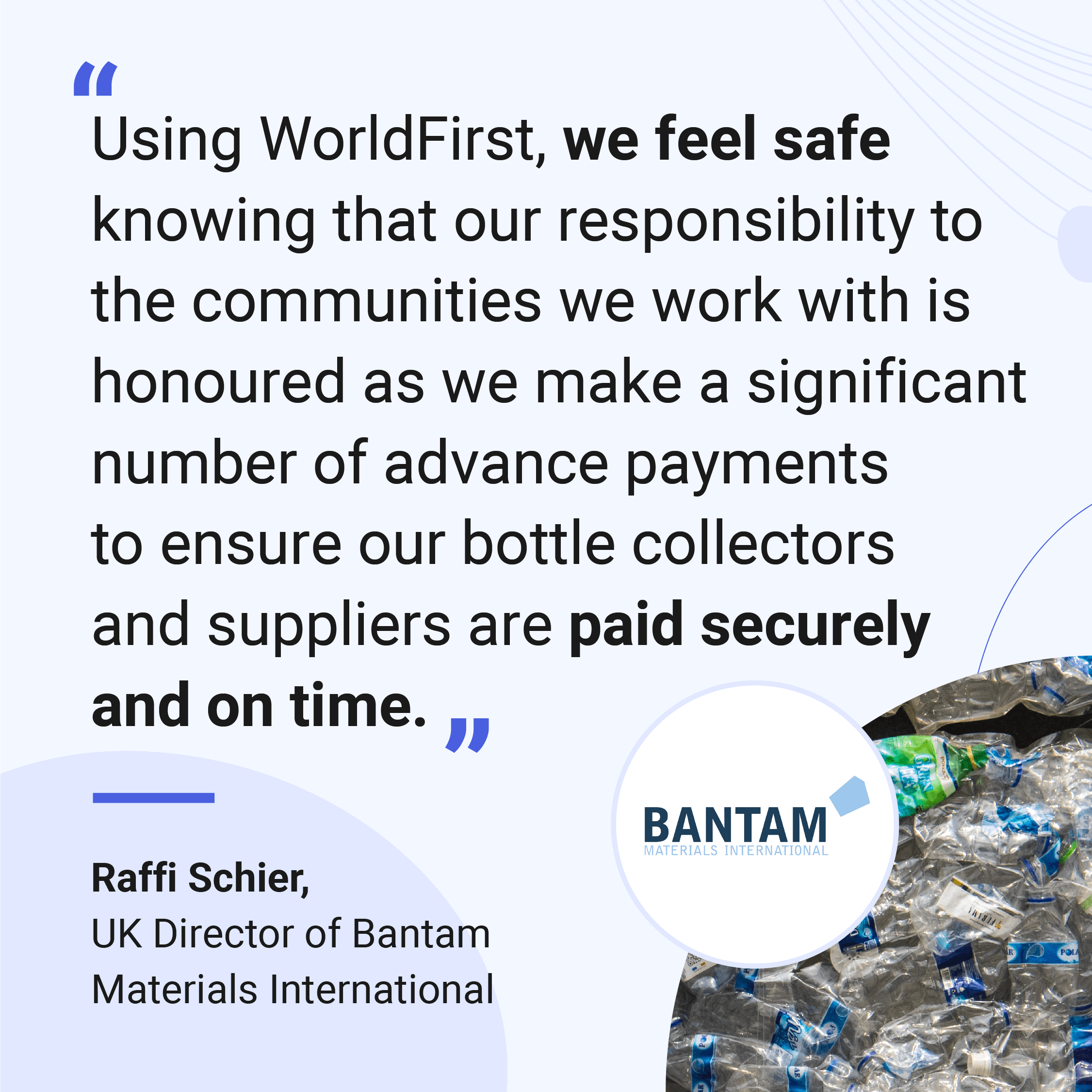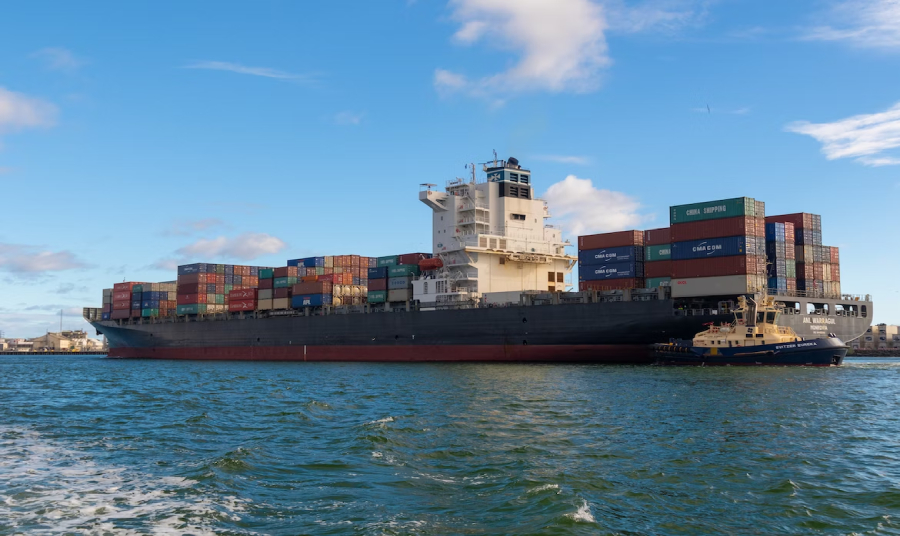
The largest economy on the European continent and second only to Russia in terms of population size, Germany promises significant growth opportunities to young e-commerce businesses.
However, if small businesses are looking to take advantage of expanding their e-commerce in Germany, there are a few factors to bear in mind first.
E-commerce in Germany: what sellers should know
German e-commerce growth has accelerated in the past few years, partly aided by the pandemic, but also due to widespread smartphone penetration among the public. Germany ranks second in terms of e-commerce popularity, just behind the UK.
Sellers do need to be careful however, as some reports claim that 11% of e-commerce orders get returned by German customers, with each return costing online retailers €5 to €10. It’s important to ensure that you have a robust returns system in place.
E-commerce in Germany also comes with an unexpected complication relating to preferred payment options. German customers have traditionally paid for services via invoice. With increasing smartphone usage across the country, e-wallets are becoming gradually more popular. In 2023, PayPal was the most popular payment method, accounting for almost 30% of online purchases.
It’s also worth noting that in a recent survey, over three-quarters of consumers between 25 and 45 had purchased online within the last three months, so promotions targeting young professionals and first-time parents are worth testing out.
Best sites for e-commerce in Germany
Although some of the most popular online marketplaces aren’t unique to the German market, a few most certainly are. According to ECDB, the top German online marketplaces based on website visits are:
Amazon DE
- Launched in 1998
- Revenue of US$37.6 billion in 2023
- The success of the site is largely attributed to its emphasis on the German language, which makes consumers feel more comfortable when shopping online
eBay DE
- Launched in 1999
- Revenue of US$10.1 billion in 2023
- eBay has adapted well to German preferences for localised shopping experiences with a classifieds platform, and attracts a broad audience due to its range of both new and secondhand items
Otto Online
- Launched in 1995
- Revenue of US$10.8 billion in 2023
- A rare example of a 20th-century retailer that has made a huge success of transitioning into the e-commerce space, the Otto company was initially incorporated in 1949
Zalando
- Launched in 2008
- Revenue of US$10.1 billion in 2023
- Starting up right in the middle of the financial crisis, Zalando’s emphasis on free delivery and a 100-day right of return saw it become a huge fashion platform
Importing products into Germany
The German government lists three significant considerations businesses must take into account when importing products into Germany.
- Restrictions:if the goods you’re looking to import are restricted by the German authorities
- Duties and taxes:if you’re shipping goods from a non-EU country, there may be duties and taxes to pay. Excisable goods (alcohol, tobacco and mineral oils such as petrol) are subject to their own taxes
- Procedures:unless otherwise specified, all goods must be entered for a customs approval procedure
Once items have been successfully imported to Germany, they are free to be sent around the EU.
Importing from the UK
Rules have changed considerably in light of Brexit. Although the EU signed a Free Trade agreement with the UK which is now in effect, there are some significant differences importers should consider. The EU-UK Trade and Cooperation Agreement provides detailed guidance on the rules and regulations you'll need to be aware of.
Importing from further afield, including Asia
Germany is also bound by Free Trade Agreements signed with other countries, including China, Singapore, Australia and New Zealand. Importers should check the specific regulations that apply to them for each individual country and region.
Making the most of e-commerce in Germany
There are numerous reasons to expand your e-commerce business for the German market. However, successful sellers will need to keep in mind and prepare for the unique preferences of German customers.
If sellers do their research, and partner with businesses that enable easy e-commerce in Germany, there is no reason they can’t expand into a lucrative market. By serving customers in a booming sector, e-commerce sellers can grow their small businesses across German platforms.
Simplify international transactions with WorldFirst
With more than two decades of experience in cross-border business payments, WorldFirst is the clear choice for e-commerce businesses needing to pay suppliers or receive funds from customers. Find out more about WorldFirst products and services online or call 0207 801 1065 today.

You might also like
WorldFirst articles cover strategies to mitigate risk, the latest FX insights, steps towards global expansion and key industry trends. Choose a category, product or service below to find out more.
Businesses like yours trust WorldFirst
- Almost 1,000,000 businesses have sent $150B around the world with WorldFirst and its partner brands since 2004
- Your money is safeguarded with leading financial institutions

What our customers say about our services




